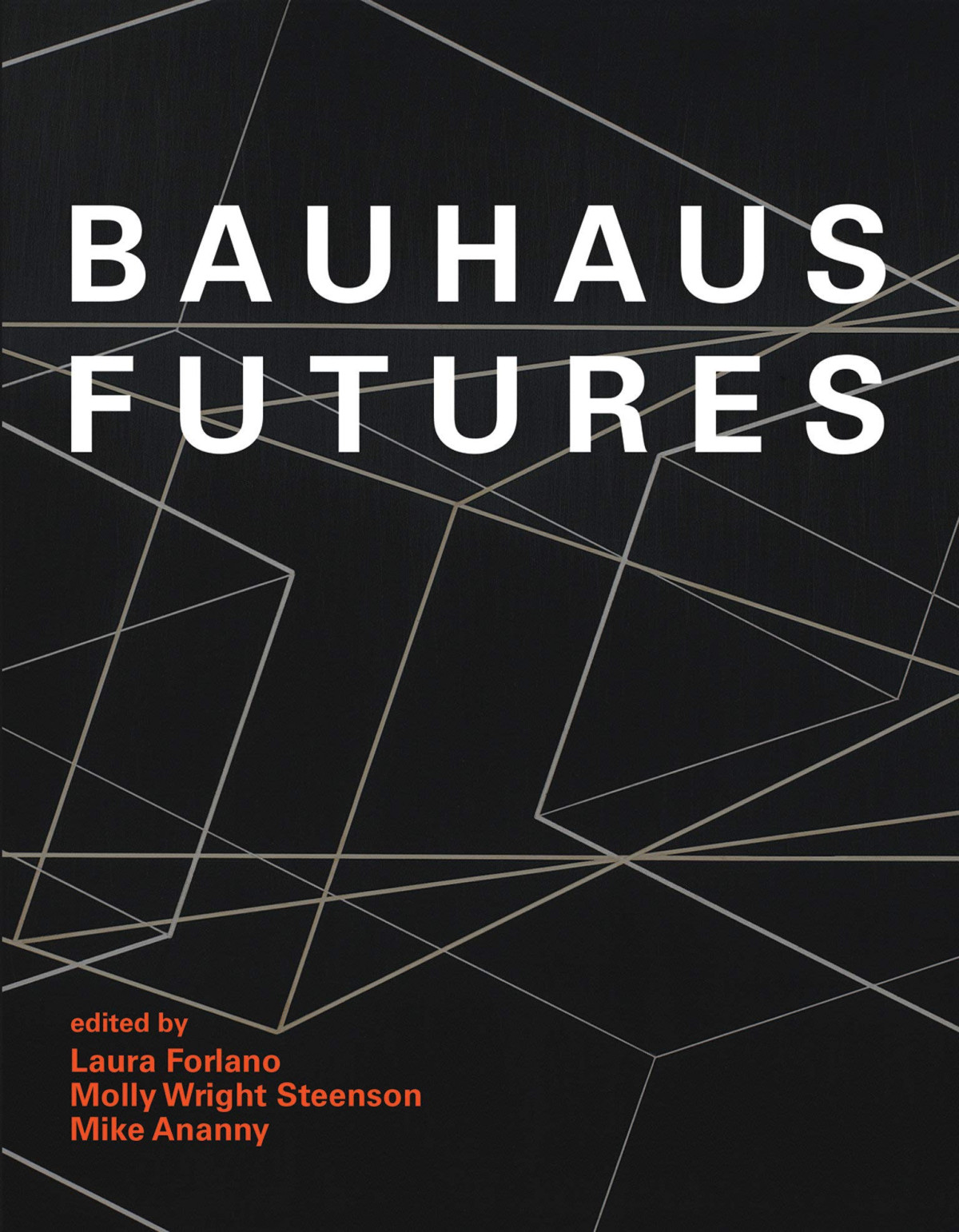

Most ebook files are in PDF format, so you can easily read them using various software such as Foxit Reader or directly on the Google Chrome browser.
Some ebook files are released by publishers in other formats such as .awz, .mobi, .epub, .fb2, etc. You may need to install specific software to read these formats on mobile/PC, such as Calibre.
Please read the tutorial at this link: https://ebookbell.com/faq
We offer FREE conversion to the popular formats you request; however, this may take some time. Therefore, right after payment, please email us, and we will try to provide the service as quickly as possible.
For some exceptional file formats or broken links (if any), please refrain from opening any disputes. Instead, email us first, and we will try to assist within a maximum of 6 hours.
EbookBell Team

4.0
66 reviewsEssays, photo-essays, interviews, manifestos, diagrams, and a play explore the varied legacies, influences, and futures of the Bauhaus.
What would keep the Bauhaus up at night if it were practicing today? A century after its founding by Walter Gropius in Weimar, Germany, as an “experimental laboratory of the future,” who are the pioneering experimentalists who reinscribe or resist Bauhaus traditions? This book explores the varied legacies, influences, and futures of the Bauhaus. Many of the animating issues of the Bauhaus—its integration of research, teaching, and practice; its experimentation with materials; its democratization of design; its open-minded, heterogeneous approach to ideas, theories, methods, and styles—remain relevant. The contributors to Bauhaus Futures address these but go further, considering issues that design has largely ignored for the last hundred years: gender, race, ethnicity, class, sexuality, and disability. Their contributions take the form of essays, photo-essays, interviews, manifestos, diagrams, and even a play. They discuss, among other things, the Bauhaus curriculum and its contemporary offshoots; Bauhaus legacies at the MIT Media Lab, Black Mountain College, and elsewhere; the conflict between the Bauhaus ideal of humanist universalism and current approaches to design concerned with race and justice; designed objects, from the iconic to the precarious; textile and weaving work by women in the Bauhaus and the present day; and design and technology.
Alice Arnold, Jeffrey Bardzell, Shaowen Bardzell, Karen Kornblum Berntsen, Marshall Brown, Stuart Candy, Jessica Charlesworth, Elizabeth J. Chin, Taeyoon Choi, B. Coleman, Carl DiSalvo, Michael J. Golec, Kate Hennessy, Matthew Hockenberry, Joi Ito, Denisa Kera, N. Adriana Knouf, Silvia Lindtner, Shannon Mattern, Ramia Mazé, V. Mitch McEwen, Oliver Neumann, Paul Pangaro, Tim Parsons, Nassim Parvin, Joanne Pouzenc, Luiza Prado de O. Martin, Daniela K. Rosner,Natalie Saltiel...
…